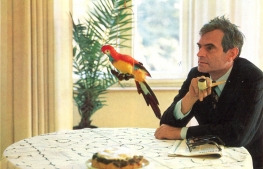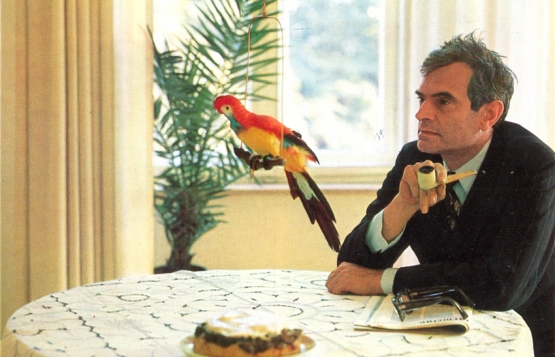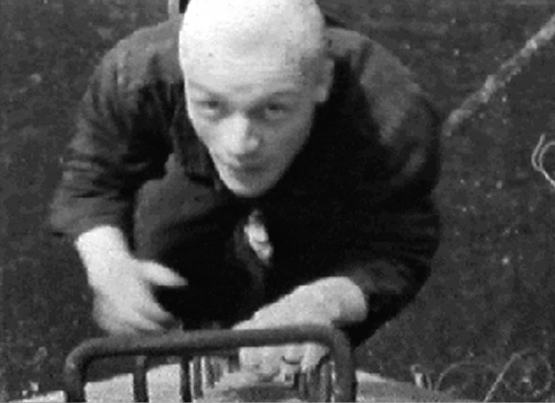“Berlin is the symbol of the world´s division, a universal point, a place where reflecting on unity, both necessary and impossible, is embodied by every one of its inhabitants. It is there that the experience of having a domicile is lived, but it is also where its absence is felt.”
Maurice Blanchot, Der Name Berlin (The name Berlin), in: Ecrits politiques, 1983
The Berlin Wall, simultaneously a physical reality and a dramatic symbol of Germany´s division and of the cold war itself, remained, during its whole existence, constantly present and unavoidable, both for the inhabitants of the city as for their descendants and visitors. Despite its non-existence, the Wall still prevails as an almost palpable physical reality. In a retrospective analysis, it has acquired a new symbolic meaning, standing now both for global, political and social transformations, as well as for the cultural change that has taken place over the two last decades. Artists and cinema directors, who for various reasons chose the city to live and work, have repeatedly used as a theme their relationship with Berlin, often electing it as a vehicle to articulate their broader political and social claims. Even when it does not constitute the main scenario, the Wall has always been a requisite or an essential condition for the action of filming.
This cycle brings together the work of artists and directors who have, for four decades, been confronted with this reality. Different perspectives on the city and the strong symbolic impact of its “brand image” confront each other, delineating an image that is sometimes immediate and subjective, at other times impersonal or supra-personal, depicting a world in constant transformation. In the productions which have almost exclusively a Western perspective, the Wall was, until the beginning of the 1980s, presented in an isolated form or simply omitted, to emphasize the feeling of a special way of life, characteristic of Western Berlin. In Eastern Berlin, there are almost no records of the Wall or of daily life during that period, since taking photographs and filming in the German Democratic Republic implied that there was proven ideological fidelity to the regime.
At the end of the 1980s there begins an approach that is increasingly placed in a specific context, which not only begins to use the East, the West and the Wall as a theme in their multiple and reciprocal relationships, but also, taking that particular situation, questioning aspects that transcend it, such as the relationship between socialism and capitalism, the losers and the winners of the historical transformation or the power structures and male dominance. Obviously, the more recent films focus on the “empty spaces”, caused by the disappearance of the Wall, and the consequences that it has had, both for the city as well as for its inhabitants.
Ellen Blumenstein












